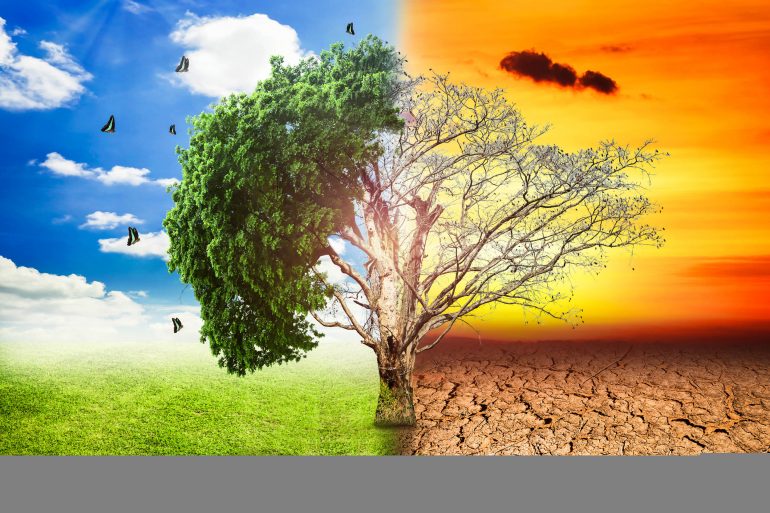White people’s eating habits are changing the climate, according to a new report published in the Journal of Industrial Ecology.
The study, by local universities authors, maintains that white individuals disproportionately affect the environment through their eating habits, by eating more foods that require more water and release more greenhouse gases through their production, compared to foods that Black and Latinx individuals eat.
The report takes an in-depth look at what different demographic populations eat, how much greenhouse gases those foods are responsible for, and how much land and water they require.
The study was done to get a better understanding of the environmental impacts of the food consumption patterns of major demographic groups so that environmental policies designed to reduce negative impacts of food production can be drafted that take these differences into account.
“The food pipeline – which includes its production, distribution and waste – contributes significantly to climate change through the production of greenhouse gases and requires significant amounts of water and land, which also has environmental effects,” says Joe Bozeman of the University of Illinois at Chicago’s Institute for Environmental Science and Policy and first author on the paper.
“If we are to draft policies related to food, they can’t be one-size-fits-all policies because different populations have different eating patterns that have their own unique impacts on the environment.”

Bozeman and his colleagues analyzed data from the U.S. Environmental Protection Agency’s “What We Eat in America Food Commodity Intake Database”, which provides per capita food consumption estimates for more than 500 types of foods (such as apples, poultry, bread) as well as water – and from the National Health and Nutrition Examination Survey, which provides estimates of individual dietary intake.
Estimates of the environmental impact of these foods were obtained from various databases and from scientific literature. Foods considered “environmentally intense” include those that require more water, land, and energy and produce more greenhouse gases than other foods. Apples, potatoes, beef and milk are among the most environmentally intense foods.
According to their analysis, the researchers found that white individuals produce an average of 680 kilograms of the greenhouse gas carbon dioxide each year that can be directly linked to what they eat and drink. Latinx individuals produce 640 kilograms of carbon dioxide and Black individuals produce 600 kilograms of carbon dioxide each year.
“While the difference may not be enormous, these numbers are per individual, and when you add up all those individuals, it’s very clear that whites are responsible for the majority of greenhouse gases emitted as a result of their food choices,” Bozeman says.


The researchers found that the food habits of white people require about seven percent more water at 328,000 liters per year than Latinx individuals, whose food habits require 307,000 liters per year of water.
“Whites tend to drink more water and milk,” Bozeman says. “Milk itself requires a lot of water to produce when you consider livestock cultivation, so that is part of what we think is pushing their water impacts higher.”
Interestingly, African-American eating habits depend on about 12 percent more land than the other populations. Bozeman says that is driven in part by our higher consumption of chicken and apples, which are high land-use food items.
The importance of this study is that policies that attempt to reduce resource dependence or greenhouse gases need to also take into account individual nutrients, says Bozeman.


“If you are going to draft policies that may reduce the amount of land-intensive oranges, we need to think about other less resource-intensive sources of vitamin C,” Bozeman explains.
“It gets more complex as you look closely at the food pipeline and how different populations engage with it, but we are now starting to get a better understanding on these complex dynamics in such a way that we can begin to rationally take steps to improve environmental quality.”
Rayne Bozeman of Chicago State University and Thomas Theis of the UIC Institute for Environmental Science and Policy were co-authors on the paper.






